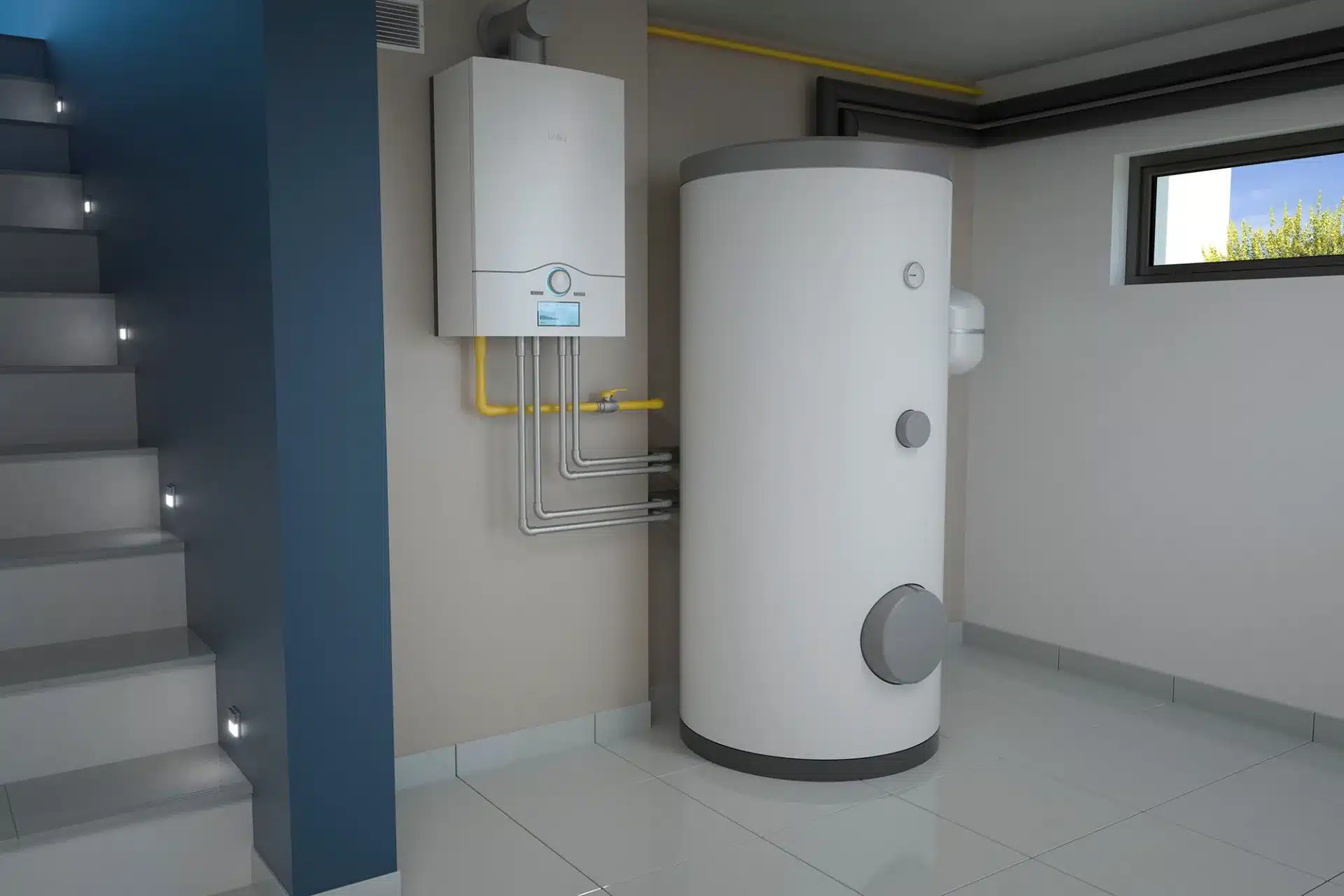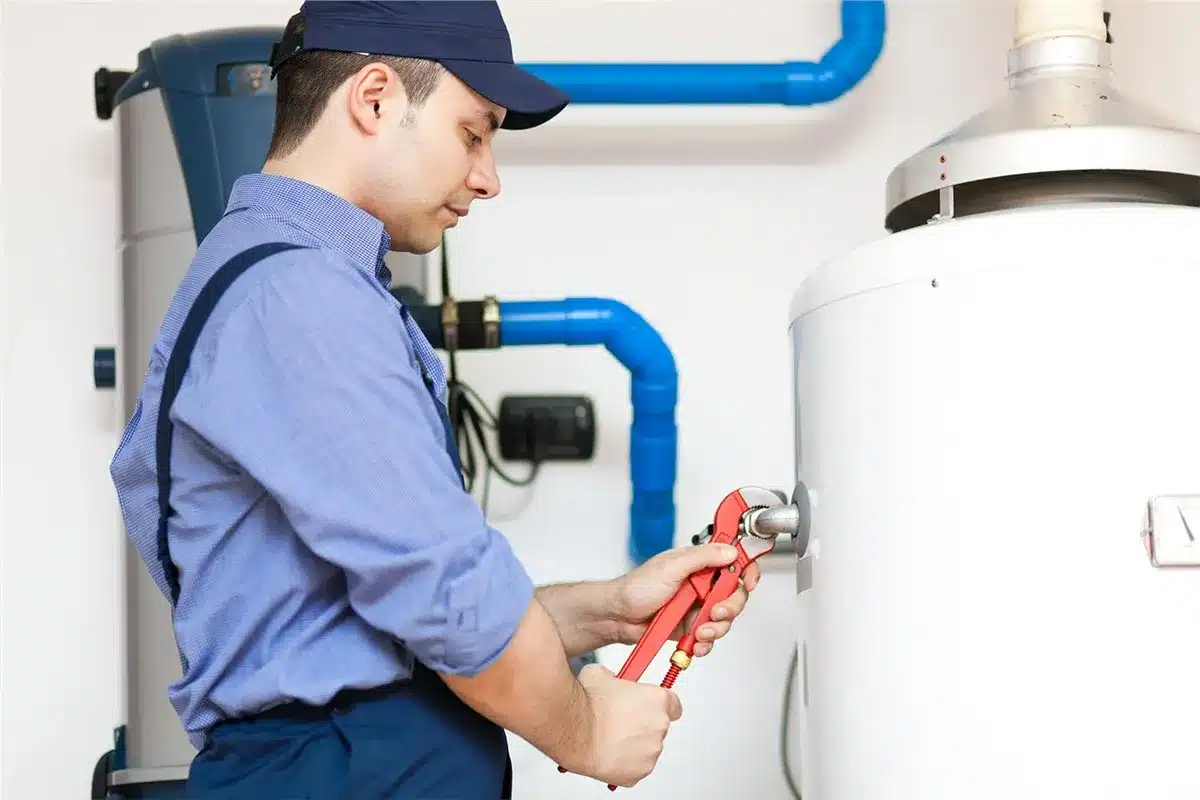In the realm of home heating, the choice of a boiler plays a pivotal role in ensuring comfort, efficiency, and cost-effectiveness. With various types available, each boasting its own set of advantages and disadvantages, selecting the right boiler for your needs can be a challenging task. This comprehensive guide delves into the intricacies of different boiler types, highlighting their merits and drawbacks to help you make an informed decision.
Understanding the Basics of Boilers
Before we delve into the specifics, let’s establish a foundational understanding of what boilers are and how they function. A boiler is a heating system that utilizes water or steam to distribute warmth throughout a building. It operates on the principle of heating water and circulating it through radiators or underfloor heating systems.
Types of Boilers
Combi Boilers
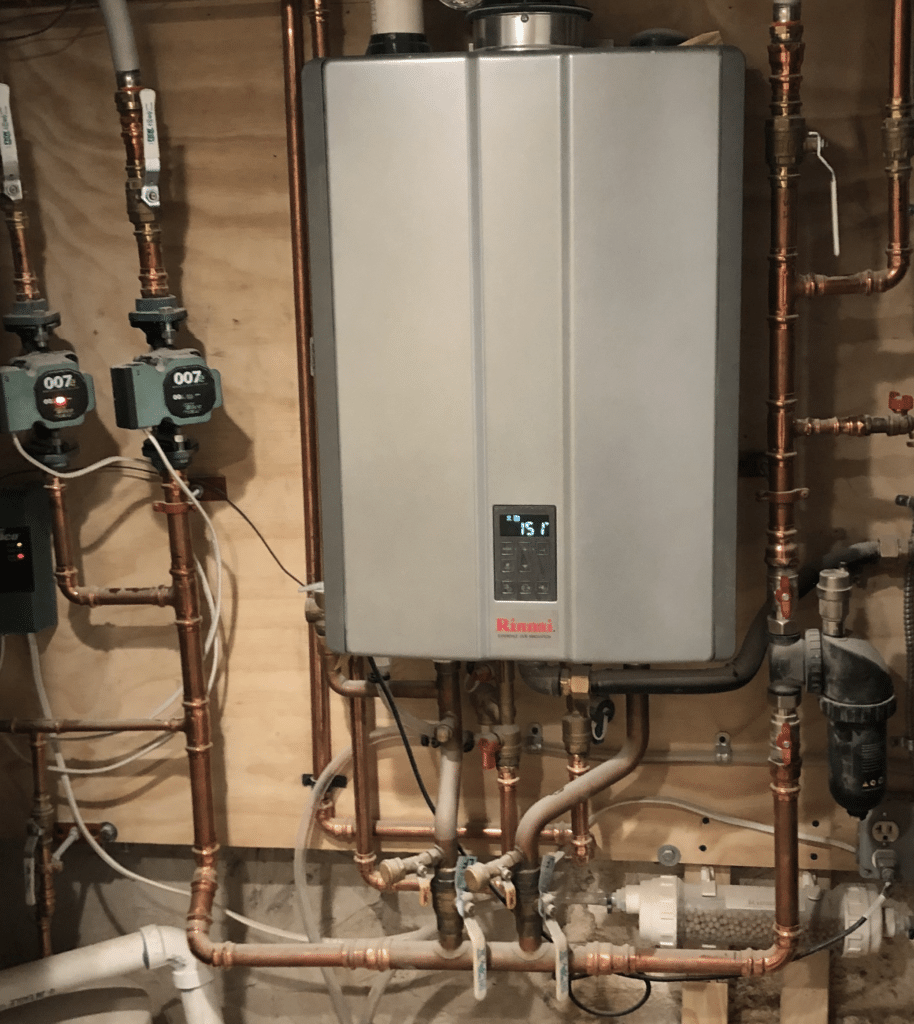
Combi boilers, short for combination boilers, have gained immense popularity for their space-saving design and efficiency. These boilers provide both heating and hot water from a single unit, eliminating the need for a separate water tank. The compact nature of combi boilers makes them ideal for smaller homes with limited space.
System Boilers
System boilers incorporate a hot water cylinder, ensuring a readily available supply of hot water. They are suitable for larger households with multiple bathrooms, offering a more consistent water pressure. However, the inclusion of a water cylinder may require more installation space compared to combi boilers.
Conventional Boilers
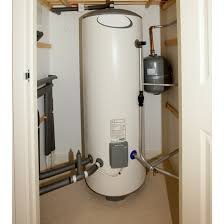
Also known as regular or traditional boilers, conventional boilers consist of a boiler, a hot water cylinder, and a cold water storage tank. While these boilers may require more space and installation effort, they are well-suited for homes with higher hot water demands.
Advantages of Different Boiler Types
Combi Boilers
Combi boilers excel in terms of space efficiency, as they eliminate the need for a separate water tank. They are also known for their rapid hot water delivery, making them an excellent choice for smaller households with on-demand hot water requirements.
System Boilers
System boilers provide consistent water pressure, ensuring a reliable hot water supply for larger homes. The inclusion of a hot water cylinder means multiple taps can be used simultaneously without a significant drop in water pressure.
Conventional Boilers
Conventional boilers are versatile and compatible with existing heating systems. They are suitable for homes with higher hot water demands and offer the flexibility to use multiple taps simultaneously without compromising water pressure.
Disadvantages of Different Boiler Types
Combi Boilers
While combi boilers are efficient for smaller homes, they may struggle to meet the demands of larger households with simultaneous hot water needs. Additionally, the reliance on mains water pressure can lead to variations in water flow.
System Boilers
The main drawback of system boilers is their reliance on a hot water cylinder, which can take up valuable space. Installation costs may also be higher compared to combi boilers.
Conventional Boilers
Conventional boilers may not be the most energy-efficient option, as they require a constant supply of hot water in the storage tank. This can lead to heat loss and increased energy consumption.
Factors to Consider When Choosing a Boiler
Home Size and Hot Water Requirements
The size of your home and the number of bathrooms influence the type of boiler that would best suit your needs. Smaller homes may benefit from the space-saving design of combi boilers, while larger households may require the capacity of system or conventional boilers.
Energy Efficiency
Energy efficiency is a crucial factor in choosing a boiler. Consider the efficiency ratings of different models, as higher efficiency means lower energy consumption and reduced utility bills over time.
Installation Costs
Installation costs vary based on the type of boiler and the complexity of the installation process. Combi boilers, being simpler to install, may incur lower installation costs compared to system or conventional boilers.
Long-Term Maintenance
Examine the long-term maintenance requirements of each boiler type. While combi boilers generally have lower maintenance needs, system and conventional boilers may require periodic checks on the hot water cylinder and storage tank.
Environmental Impact
When choosing a boiler, it’s essential to consider its environmental impact. Some boilers are designed with energy-efficient features and lower carbon emissions, contributing to a greener home heating solution. Investigate the eco-friendly features of different models to align your choice with environmental sustainability.
Fuel Type Options
Boilers can be powered by various fuel types, including natural gas, propane, oil, and electric. Assess the availability and cost-effectiveness of different fuel options in your area. Additionally, consider the environmental impact of the chosen fuel type, as certain fuels may have lower carbon emissions compared to others.
Boiler Controls and Smart Technology
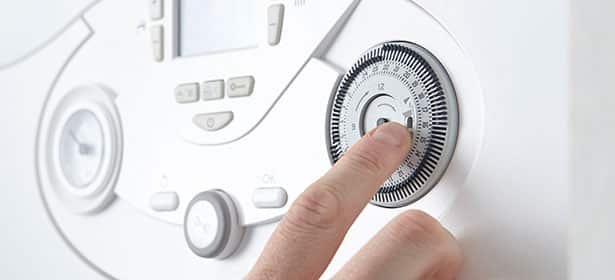
Modern boilers often come equipped with advanced controls and smart technology, allowing for more precise temperature regulation and energy management. Explore boilers with programmable thermostats, Wi-Fi connectivity, and other smart features to enhance control and efficiency.
Warranty and After-Sales Support
Examine the warranty and after-sales support offered by different boiler manufacturers. A comprehensive warranty can provide peace of mind and protection against unexpected repair costs. Additionally, reliable after-sales support ensures prompt assistance in case of any issues or maintenance requirements.
Government Incentives and Rebates
Check for government incentives or rebates related to energy-efficient home heating systems. Some regions offer financial incentives to encourage the installation of eco-friendly boilers. Taking advantage of these programs can lead to cost savings and contribute to your overall investment in a sustainable heating solution.
Noise Levels
Consider the noise levels produced by the boiler during operation, especially if the unit will be installed in or near living spaces. Some boilers are designed to operate quietly, ensuring minimal disruption to your daily activities. Review product specifications and customer reviews to gauge the noise performance of different models.
Brand Reputation
Research and assess the reputation of boiler brands before making a decision. Opting for a reputable and well-established brand often ensures product reliability and customer satisfaction. Look for reviews, testimonials, and industry ratings to gauge the performance and reputation of various boiler manufacturers.
Compatibility with Radiant Heating Systems
If you have or plan to install a radiant heating system in your home, consider the compatibility of the boiler with this type of heating. Radiant heating systems, which use heated water circulated through pipes in floors or walls, require a boiler that can efficiently provide the required temperature for optimal comfort.
Zoning Capabilities
Boilers with zoning capabilities allow you to divide your home into different heating zones, each with its thermostat. This feature enables more precise temperature control, allowing you to heat specific areas as needed and potentially saving energy by not heating unused spaces.
Condensing vs. Non-Condensing Boilers
Distinguish between condensing and non-condensing boilers. Condensing boilers are designed to capture and reuse heat that would otherwise be lost in non-condensing models. While condensing boilers are generally more energy-efficient, they may have different installation requirements and initial costs.
Local Climate Considerations
The local climate can impact the performance and efficiency of a boiler. In colder climates, where heating is required for an extended period, a high-efficiency boiler with robust cold-weather performance may be more suitable. Conversely, in milder climates, a different type of boiler may be more cost-effective.
System Ventilation Requirements
Different boilers have specific ventilation requirements based on their fuel type and combustion process. Understanding these requirements is crucial to ensure the safe and effective operation of the boiler. Some boilers may require additional ventilation systems or flue modifications.
Expansion Options
Consider the expansion options provided by the boiler system. If there’s a possibility that your heating needs may increase in the future, choosing a boiler with expansion capabilities can save you from the hassle of replacing the entire system. Modular boilers, for example, allow for easy expansion by adding additional units.
Emergency Shut-off Features
Safety is paramount when it comes to heating systems. Check if the boiler has emergency shut-off features that automatically activate in case of malfunctions or dangerous conditions. This ensures the safety of your home and its occupants.
Professional Installation and Maintenance
Regardless of the boiler type you choose, it’s crucial to have it professionally installed and regularly maintained. Professional installation ensures the system operates efficiently and safely, while regular maintenance prolongs the lifespan of the boiler and reduces the risk of unexpected breakdowns.
User-Friendly Controls
Boilers with user-friendly controls enhance the overall experience for homeowners. Intuitive interfaces, easy-to-program thermostats, and clear indicators contribute to hassle-free operation. Consider the accessibility and ease of use of the controls when evaluating different boiler models.
Conclusion
In conclusion, the choice of a boiler is a critical decision that directly impacts your home’s comfort and energy efficiency. By understanding the advantages and disadvantages of different boiler types and considering factors such as home size, energy efficiency, installation costs, and maintenance requirements, you can make an informed decision. Whether opting for a space-saving combi boiler, a reliable system boiler, or a versatile conventional boiler, the key is to align your choice with your specific heating and hot water needs.
Remember to consult with a qualified professional to assess your home’s requirements and ensure a seamless installation process. Choosing the right boiler is an investment in your home’s comfort and efficiency, and with the information provided in this guide, you’re well-equipped to make a decision that aligns with your needs and preferences.
Read more article! visit here



